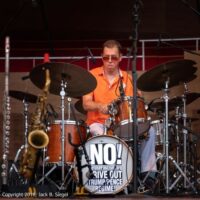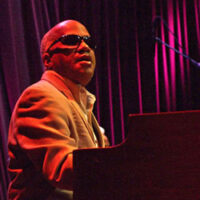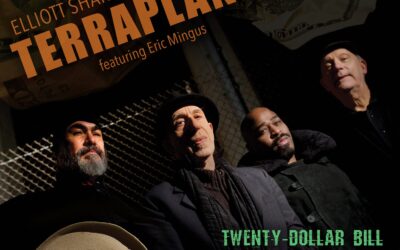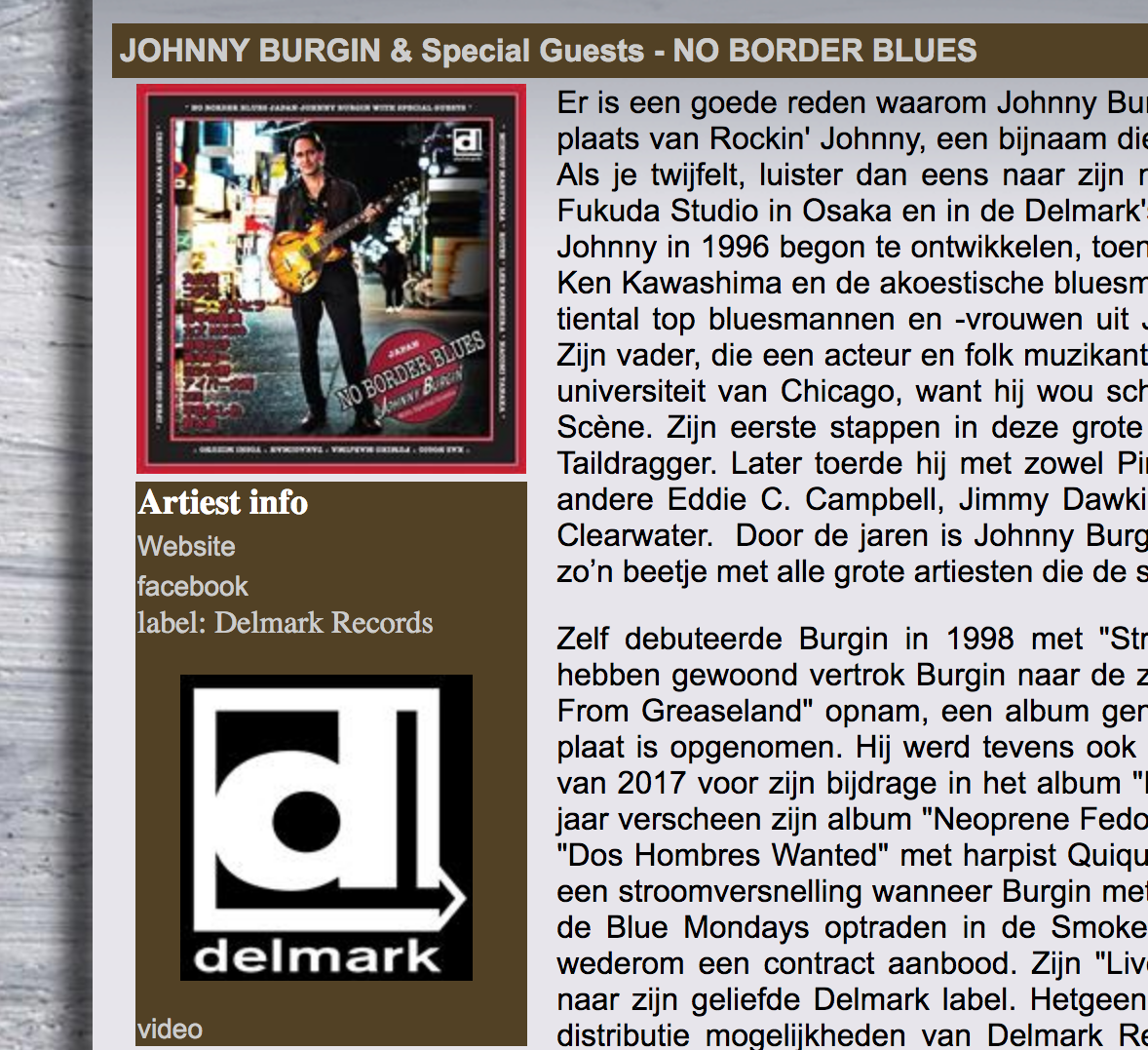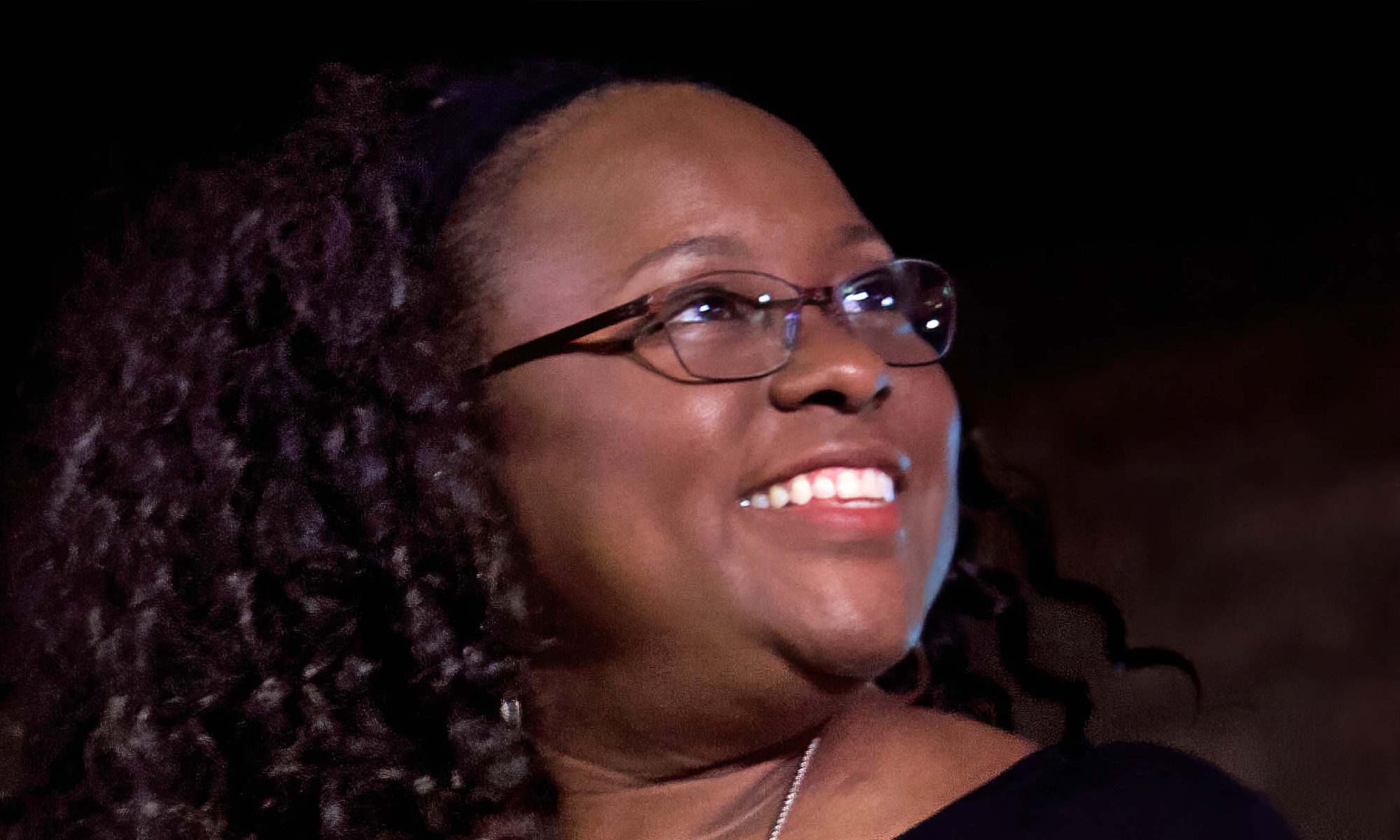Read complete review by Freddy Celis
There’s a good reason to explain why Johnny Burgin now calls himself The Worldwide West Side Guitar Man rather than Rockin ‘Johnny, a nickname he’s had for decades. He really is a man of the world. If in doubt, check out his new album “No Border Blues”, which was recorded at Fukuda Studio in Osaka and Delmark’s Riverside Studio. The album is the result of an idea that Johnny started developing in 1996, when he first traveled to Japan in the company of Dr. Ken Kawashima and the acoustic bluesman Sugar Brown, and that a little later would pair him with a dozen top blues men and women from Japan. Burgin grew up in Starkville, MS and Greenville, SC. His father, who was an actor and folk musician, taught him to play the guitar. Burgin studied briefly at the University of Chicago because he wanted to be a writer, but he soon ended up in the Chicago blues scene. His first steps into this big world was to give support to Chicago’s blues vocalist Taildragger. He later toured with both Pinetop Perkins and Sam Lay. He has also worked with the likes of Eddie C. Campbell, Jimmy Dawkins, Eddie Shaw, Little Arthur Duncan, Jimmy Burns and Eddy Clearwater. Over the years, Johnny Burgin has been a highly respected blues musician in Chicago and has been in the studio and on stage with just about all the great artists the city knows.
Burgin himself made his debut in 1998 with “Straight Out Of Chicago”. After living in Chicago for twenty-eight years, Burgin moved to the sunny West Coast of California where he recorded “Greetings From Greaseland” in 2015, an album named after Kid Andersen’s San Jose studio where the record was recorded. He was also nominated for a BMA for “Best Traditional Blues CD” of 2017 for his contribution to the album “Howlin ‘at Greaseland”, a Howlin’ Wolf tribute. That same year his album “Neoprene Fedora” was released for West Tone Records. At the beginning of 2019 the album “Dos Hombres Wanted” with harpist Quique Gomez was released for the VizzTone Label. And then everything accelerated when Burgin and his Rockin ‘Johnny Band together with singer Jimmy Burns performed at the Blue Mondays at the Smoke Daddy in Chicago’s Wicker Park and Delmark Records offered him another contract. His “Live” album, which was released later in 2019, was his return to his beloved Delmark label. Which in itself is only to his advantage, because due to the better distribution possibilities of Delmark Records, these live recordings are available to a much wider audience. Which we can now also say of “No Border Blues”, Burgin’s tribute to the passionate Japanese blues world. (Continues…)

Johnny Burgin plays in a style that draws influences from Otis Rush, Jimmy Dawkins, Eddie Taylor and others and has built a large following in both Europe and Asia, becoming captivated by the local talent he met along the way. “No Border Blues” features contributions from several new friends Burgin made during that trip to Japan and three other tours that followed. He is joined here by his regular rhythm section – Stephen Dougherty (drums) and Chris Matheos (bass) – who can be heard on the song “Two Telephones”, which was recorded in the US, and for the other songs the line-up varies -from Nacomi Tanaka (guitar and vocals), Minoru Maruyama and Yoshi Mizuno (guitar), Lee Kanehira (piano and vocals), Kotez, Kaz Nogio and Iper Onishi (harp and vocals), Yoshimi Hirata and Hironori “Zee” Yanaga ( bass), Fumiko Maejima, Ataka Suzuki and Takagiman (drums). The album contains 11 songs, with a mix of originals and well-known covers that are presented in both English and Japanese. Do not fear. The sound they produce is so strong and so traditionally Windy City, you would swear it comes from the heart of the West Side and is performed by some of the best musicians America has to offer.
The opening song is Carey Bell’s “One Day You’re Gonna Get Lucky” featuring Onishi on harp and vocals atop of a very familiar rhythm pattern, before Johnny takes over for a cover of Elmore James’ “Sunnyland”, aided by Kaz’s powerful harp playing Nogio, who doubles vocals with Kanehira – who divides her time between Chicago and her home country – for a slow and raw adaptation of Tampa Red’s “So Crazy About You,” with everyone fighting to get the most behind the groove, bringing the melody get an authentic blues sound and sense of drama. The tempo picks up in Burgin’s original rocker, “Hurry Up Baby,” performed by Tanaka. Fans of the classic Chicago piano will love Lee Kanehira’s original “Pumpkin’s Boogie”. Both ladies cover the lyrics in flawless English before Kotez takes the lead in Little Walter’s “I Just Keep Loving Her”, subtitled “Mada Sukinanda”, which is the first song to be released in Japanese. Kotez’s whirlwind attack on the harp would make the master smile, but above all he proves the global character of the blues. On the one hand, you have a blues vocal in another language, which somehow makes sense to those of us who don’t speak Japanese. Texts are important, but there is also a lot to do with the sentiment behind the words. At the same time, Kotez’s harmonica work is everything you could wish for. Apparently, unlike Esperanto, the harmonica is a universal language. (Continues…)

Burgin provides the vocals for the following three songs: a traditional take on John Brim’s “Rattlesnake” – which first saw the light on Checker in 1953, his own composition, “Old School Prayer” – with that lovely old-school feel, and “Two Telephones” – an obscure B-side cover by Bobby King. They close with the instrumental “Samurai Harp Attack”, with three harmonica players, and “Sweet Home Osaka”, a reworked version of the Robert Johnson classic, “Sweet Home Chicago”, where seemingly everyone on the album joins in for fun. Nacomi Tanaka sings here with Burgin and gives the most bluesy voice on the album, the perfect ending. The blues is home for many people, so even if Burgin and Tanaka mention the names of Japanese cities, the message is more that the blues is everywhere. Burgin and his band are not breaking new ground, but Burgin’s voice and guitar are always solid. He gives himself the space to show off his old-school gear, but he’s also handpicked some top-notch Japanese blues artists to bring his vision to life and make sure we can hear them. “No Border Blues” has therefore become as a nice album with strong performances and beautiful songs, most of which are covers. A smart album concept, but not an overt concept: all you hear is blues.
ORDER, DOWNLOAD OR STREAM JOHNNY BURGIN’S ALBUMS


